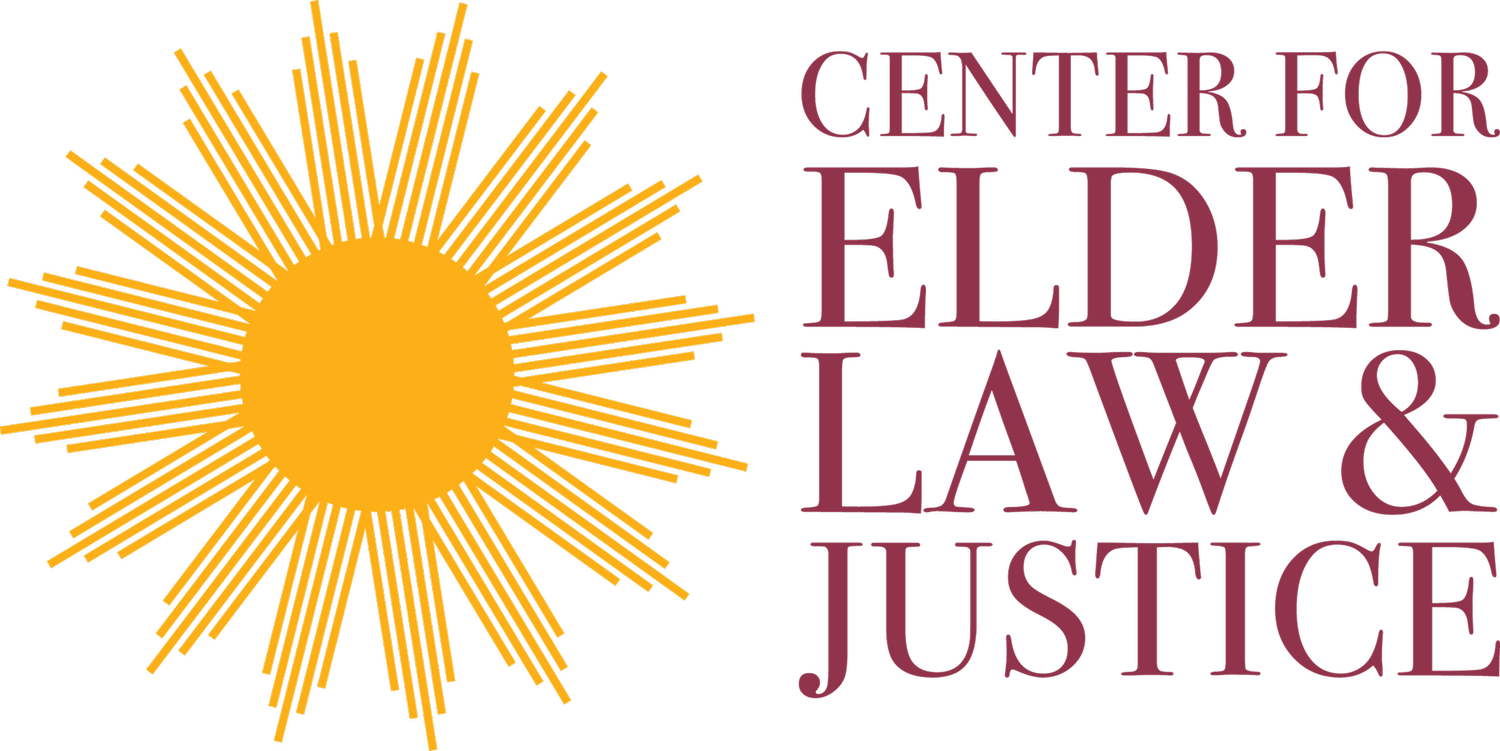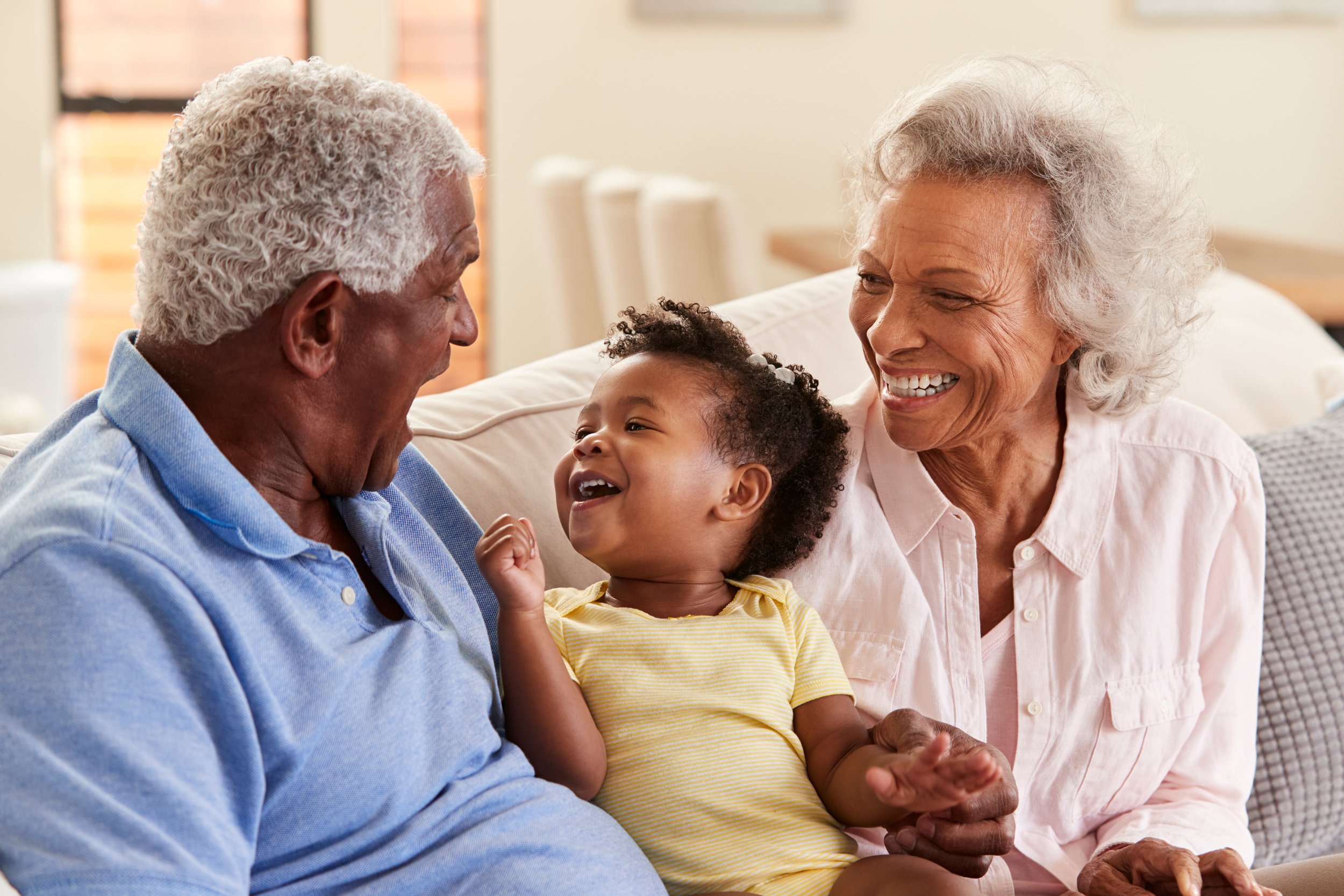Resident Rights: Visitation and Short Leaves of Absence
Have a quick question for a lawyer? Call our FREE Legal Advice Helpline for New Yorkers 55+ at: 1-844-481-0973
When a person enters a nursing home, they do not give up their ability to decide who they want to see or visit. Nor do they give up their right to leave the nursing home for a short period of time. This is regardless of whether the reason is for short-term rehabilitation services or long-term care.
Visitation:
Every resident has the right to receive visitors of the resident’s choosing, at the time of the resident’s choosing, subject to the resident’s right to deny visitation, and in a manner that does not impose on the rights of another resident. The nursing home must provide immediate access to a resident from immediate family and other relatives of the resident, subject to the resident’s right to deny or withdraw consent to the visitation at any time. If limitations for clinical or safety reasons, are placed on a resident’s visitation rights, then the reason(s) for the limitations and the specific individuals to whom the restriction applies, must be communicated to the resident in a manner the resident understands. For example, during a communicable disease outbreak, residents can still receive visitors, however the nursing home may need to modify its visitation practices in accordance with CDC guidelines, for example COVID-19, available here.
For more information about a resident’s right to receive visitors, please see our visitation resident rights fact sheet, available here.
Short leave of absence:
All residents have the right to leave the nursing home for short periods of time. Nursing homes are not prisons and operators have a responsibility to ensure residents have access to the community. Commonly referred to as “day passes,’ short leaves from the nursing home enable a resident to interact with the community and maintain their social independence.
All residents have the right to:
Exercise their rights as a citizen or resident of the United States.
A dignified existence, self-determination, and communication with and access to persons and services inside and outside the facility.
Choose activities, schedules, health care and providers of healthcare services consistent with their interests, assessments and plan of care.
Furthermore, nursing homes are required to recognize each resident’s individuality, protect and promote the rights of each resident, and must ensure each resident can exercise their rights without interference, coercion, discrimination, or reprisal. This means instead of the nursing home restricting a resident’s right to a short leave, the nursing home should be promoting the resident’s right and facilitate interaction with the community. This can be done with proper planning. For example, going to lunch or dinner, going to the store, family occasions, or religious service.
Depending on the length of time away from the nursing home and payor source, a resident might be responsible for paying for a bed-hold. For example, if the resident is in the nursing home for short-term rehabilitation or skilled nursing services covered by Medicare, when the resident is gone overnight (past midnight) and returns to the nursing home the next day. However, if the resident begins a leave of absence and returns prior to midnight the same day, the nursing home can bill Medicare. Should the resident be potentially responsible for paying for a bed-hold during a temporary absence, the resident must be informed in advance of the option to make bed-hold payments, the amount and agree to the payments.
For more information on your rights as a resident, please review our nursing home resident rights booklet and other materials here.
The Center for Elder Law & Justice is here to help. If you are a resident and have questions or concerns about your right to visitation, short leaves, or paying for your care, contact us at (716) 853-3087.

